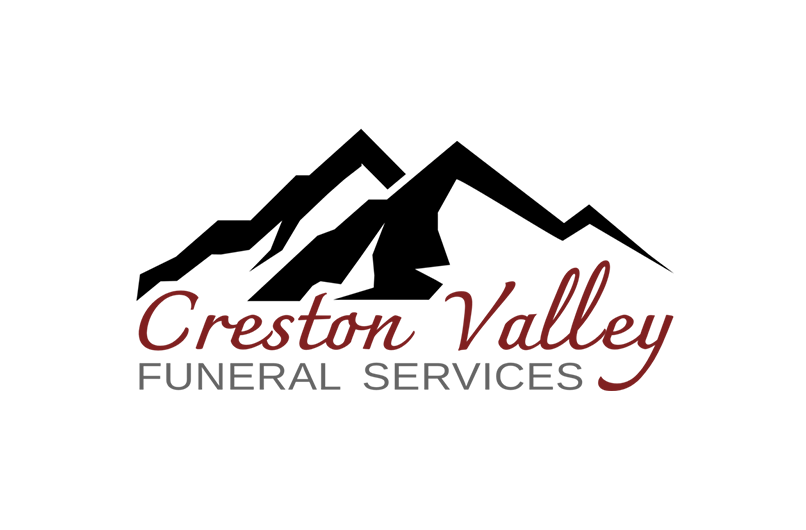WHEN DEATH OCCURS
Whether a death is sudden or expected, the loss of a loved one is indescribable. When you are in a heightened emotional state, even the most basic decisions can seem staggering. This section seeks to guide you through the immediate hours following a passing.
WHEN DEATH OCCURS AT A HOME OR PLACE OF BUSINESS
If the person passes away and does not have the correct paper work in place from a doctor ( Expected Notification of Death in the Home form ), the police will have to be notified immediately. The police will be dispatched to the home and will place the call to the coroner. From there, the coroner will remove the body and determine whether further action is necessary. The coroner must release the body before a funeral home can do anything.
WHEN DEATH OCCURS AT A HOSPITAL/NURSING HOME/HOSPICE FACILITY
The staff of a care facility, such as a hospital or nursing home, will notify you and the necessary authorities immediately after a death has occurred. Once you have be notified that the passing has occurred, you will need to contact the funeral home and make arrangements for them to bring your loved one into their care.
INFORMING A FUNERAL DIRECTOR
Once everything has been cleared with the proper authorities, the next call you place should be to a licensed funeral director. Funeral directors are here to help you obtain a death certificate, transport the body, and, in the event pre-planning was not done, select a casket or urn and arrange the funeral or memorial service. The funeral director will also help you notify the employer and insurance company of the deceased. Funeral directors are there to help you and advise you.
MEETING A FUNERAL DIRECTOR
You should meet with a funeral director within 24 - 48 hours of a death to begin making final arrangements for your loved one. Deciding on these final arrangements may seem like a very daunting task, especially when you are in heightened emotional state. Do not worry: funeral home staff have years of experience, and will strive to ensure everything goes as smoothly as possible.
MAKING ARRANGEMENTS
First the Funeral Director will gather information required for the death certificate. This includes:
Full Legal Name and Address
Marital Status
Date and City of Birth
Father’s Name, Mother’s Name (including maiden name)
Name of Spouse (if married or widowed)
Occupation and Employer
Provincial Health Care Number
Social Insurance Number
The funeral director will also need pertinent documents required to do all the legal paperwork, such as:
Last Will
Birth Certificate
Social Insurance Card
Provincial Health Care Card
Marriage Certificate
Drivers License
Passport
If no pre-planning has been done, necessary arrangements need to be made for the funeral service. These include:
Scheduling the location, date and time of the visitation and funeral service
Selecting burial or cremation
Choosing Funeral Products
Arranging a cemetery plot
Preparing an obituary notice
Scheduling transportation arrangements
A funeral director will guide you through all of these steps, using your wants, needs and desires as a foundation to create a memorable tribute for your loved one. From here the funeral services can be personalized. Did your loved one have a favorite sports team? What was their favorite type of music? What activity was your loved one known best for? Sharing these memories with the grieving process and will allow you to pay tribute to the life of your loved one.
218 NW BLVD,
CRESTON, BC V0B 1G0
Phone: 250-428-0186
Fax: (844) 770-0417
info@crestonvalleyfuneralservices.ca




